How did you get there? Will Folan-Conray
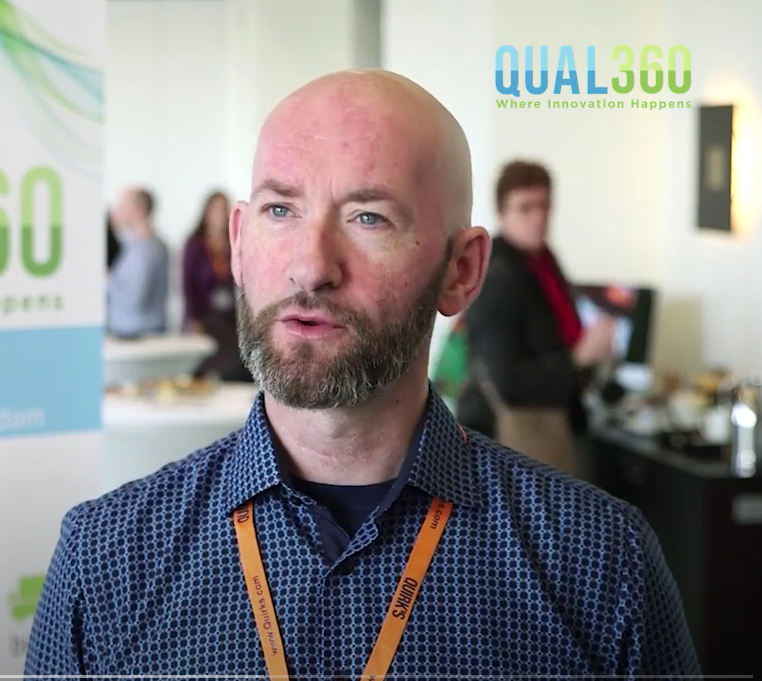
Great pleasure to catch up with Will Folan-Conray who, by his own admission, is probably not your typical researcher. Although Will is currently the Research Director and Behavioural Science lead at 7th Sense Research UK, it was interesting to hear that the former professional actor who went on to study integrative psychotherapy, never intended to make his career in market research, it was only ever meant to be a fill in job.
Will said he has been told for years by colleagues and clients alike that he should be more vocal within our industry and now, more than 15 years after coming into the industry, he’s hoping to pay his good fortune forward, by helping others in the industry, and is therefore running for election to the Main Board of the MRS where he hopes to make a huge difference to our industry.
Wonderful to get a chance to chat with you Will! Let us get straight into Act 1 Scene 1! (Sorry, just had to lead with that one) … So, how did you get into the industry, and take us through how you got to this point?
I love and dread this question in the same measure, only because there is a lot of backstory to it, but you asked and I love to talk, so get comfortable because this is going to take a bit of time to explain.
I suppose the first thing to say is that, as is a common theme in our industry, I ‘fell’ into the research world, however it was relatively late in my working life.
I will leave it you and your readers to decide just how unusual a journey it has been, but from those few in the industry who do know my full background, it is comes as a surprise to most.
In my younger years I have to admit I never really has a long-term plan and at the age of 17, whilst I was working a summer job as a fork-lift truck driver in a warehouse for a company that eventually became a part of Unilever, an art student, who was also driving forklifts over the summer, asked me a question I’d never really been asked before, he simply asked ‘If you could do anything what would it be?’
Up until then I have no memory of anyone framing the question of my future in that way, there had always been an assumption that I would go into banking or law or something along very traditional lines.
‘Hmmm…If I could do anything…I would really like to be an actor.’, I said.
His next question was the one that really helped my frame my approach to life from that point on: he simply asked, ‘So, why don’t you?’
I wish I could remember his name, because that simple question changed my entire life, I would like him to know that.
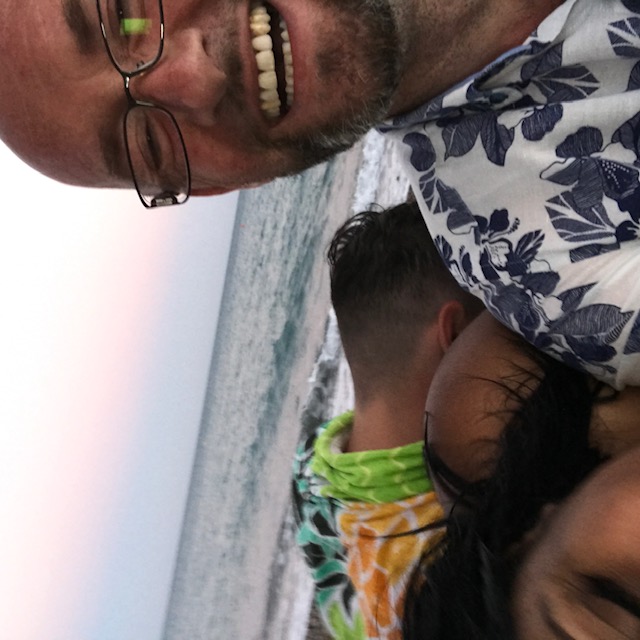
The sudden announcement to the family that I was not going to follow the University path was, as you might imagine, not news that was warmly received. Coming from a traditional working-class family who lived in a council house, albeit a very nice one on the edge of the greenbelt, I would have been the first in my family to go to University, nonetheless that is the training and path I pursued.
Skip to 2 years ahead and after quite insane, intensive training I found myself successfully and consistently employed as an actor/singer/dancer working in the West-End, television, film, and the music industry. I climbed the career ladder in that industry relatively quickly: I was given responsibility for the daily running of my first West-End show at the London Palladium at 23 years old – that was a steep and fast learning curve to say the least, it was not lost on me and most of my peers, who I was now in charge of, that they had been in that industry for decades longer than me. From performing, I then became an agent, and eventually moved into artist management for several high-profile music, tv & film artists, including their brand and product endorsements. After almost 20 years I decided to walk away from all of that and all its perks.
I spent some time trying to find my next path, when a close friend, who had also left the entertainment industry and who by then was a psychotherapist and lecturer, mentioned that there was a place on a psychotherapy course she was running that she thought I might be interested in – long story short, I loved it and was subsequently approached by the course directors to fast-track through the training, with a view to becoming a psychotherapist, which comprised of taking on 4 different training courses simultaneously as well as embarking on my own personal therapy for the duration.
I realised quickly that I did not actually want to be a psychotherapist myself, mainly because apart from me, one of my advanced courses was populated by already well-established therapists. This gave me a direct insight into what that career could look like, and that was not for me, but the learnings were invaluable.
At the same time as some of the courses were winding down, I was looking for something to fill my time and, also make money, I had been burning through my savings at the rate of knots. I saw an ad in a local paper for telephone interviewers at GFK, felt like an easy fit: read a script and record accurate feedback. Got through the recruitment process, which was surprisingly rigorous, and within a couple of weeks had a tap on the shoulder to go and have a chat about working with their qualitative interviewer team. Loved that job, great, eclectic group of people to work with, lots of very varied project types.
A year or two later, a former colleague and close friend, approached me about a role to work with him at Mintel which, if I am honest, at the time I did not really understand, but I submitted my rather unusual and limited CV anyway, I expected a rejection as I didn’t fit my understanding of the type of people they would normally hire. They surprised me and invited me in for an interview, followed by another the next day and an offer to join them the day after that.
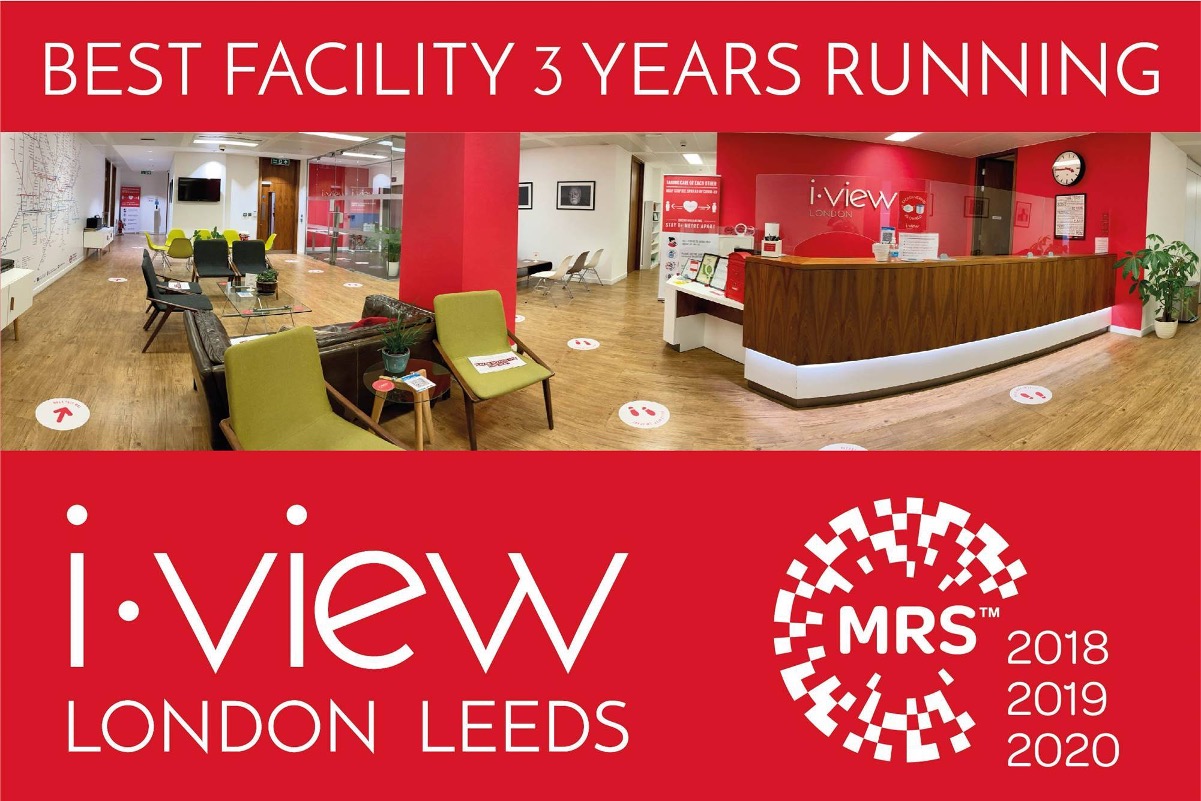
So great to be able to tell your story Will. We desperately need to open up our industry and appeal to a broad range of people with different experiences and from a variety of backgrounds! And so if you had to distil everything you have achieved right down, what would you say are three secrets to your success so far?
Not to be afraid of opportunities that are presented to you, even ones that seem like a massive jump. If you respect the person who is presenting the opportunity to you, trust that they know why, even if you cannot see it at the time yourself.
Something I carried over from my days of being on the faculties of several performing arts colleges: If you do not know or understand something, then there is no such thing as a stupid question, so do not be afraid to ask. This is something I apply to myself and have always been explicit about amongst the people that work with me.
This is something I learned from the world of psychotherapy that I think is an invaluable perspective to bring into the market research world: Spend the time to know yourself as a person, and how that could or does impact how you approach your work.
Unlike other behavioural science fields, one of the pre-requisites of becoming an accredited psychotherapist is the requirement to be in your own personal therapy and once qualified, to also have your own supervisor. The reason for that is quite straightforward, to ensure that you do not confuse what is being brought to you by your clients with your own experiences and drawing conclusions based upon what you believe or have experienced and attributing the same rationale to someone else.
If we use that as a starting point when we approach our work, I believe it would go a long way to minimising the possibility of influencing our work with our own personal biases it would also help us understand the gaps in our lived experiences and how we should address that.
I think this is particularly crucial for the future development of our industry.
We are in a time when we are trying to achieve a better level of understanding and implementation of solutions to address many issues around improving inclusion and diversity in all its forms, not just in the research industry, but across society in general. If we do not address how social conditioning has helped form our own perspectives, what gaps exist in our lived experiences and how our beliefs or assumptions influence our decisions and actions, then we are not improving. As an industry we should always be striving to be better, at the end of the day we need to remember that the guidance we give to our clients often informs their decisions and strategies, and those have far reaching implications for not only their profits, but also their employees and customers. I believe that responsibility is something we should always be mindful of.
I would like to add one more, if I may? Learn from the best and ask for their advice and if possible, ask them to mentor you, if they cannot because they are too busy etc. ask them to recommend someone.
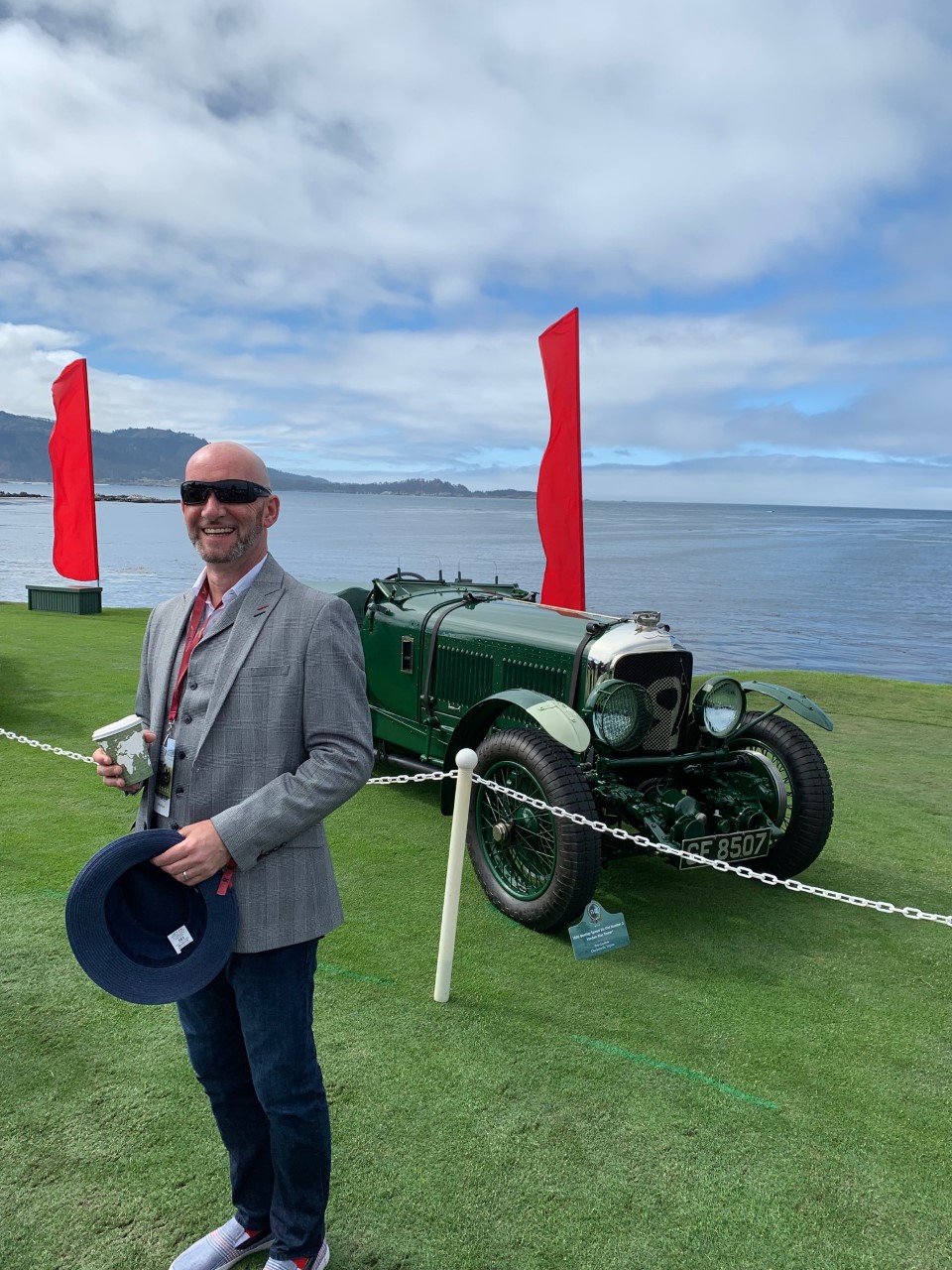
So, come on, if you are allowed to say, what’s the most interesting, crazy, fun project you’ve ever worked on?
Oh wow, that is a long list, however I have a few that stick out in my mind, but all for different reasons.
A couple of them were for Highways England, using behavioural science to help understand the reasons for and ways to reduce the number of people killed or seriously injured on major roads. That was professionally and personally gratifying.
I co-presented the findings of one of these projects at the MRS Travel and Transport Conference with Highways England, and with my former colleague Pankti Shah, she is someone you should look out for in the future, she is a very impressive young woman.
Another was for a client headquartered in New York, I was asked to devise and personally conducting a research project to support them with the roll-out of an initiative by their advocacy team, to offset the carbon imprint of the service they provided. The initiative not only helped offset carbon emissions but also had a significant positive impact on their bottom line, a double whammy!
And the other one, is more about the relationship with one of our current automotive clients at 7th Sense UK. I love some of the challenges they throw our way, which usually start along the lines of ‘We know this has probably never been done before, but do you think you could come up with a way to make it happen?’ – or ‘We know this is a big ask but… it’s very refreshing and exciting, they’re also great people to work with.
Not being in the office and around colleagues, it is incredibly challenging, for younger researchers to stand out. What two bits of advice do you have for a junior researcher, working from home in lockdown, on how they can best stand out and impress their teams?
I would say do not be afraid to ask for space, a good manager should allow that for all their team members, but if it isn’t part of the structure, then ask for it. Whether that be feedback on work you have done, or clarification on things, make your voice heard, also let them know when you have an idea or viewpoint on something that you think could be useful, especially if your lived experience gives you a different perspective from others in your team. Even if what you bring to the table is not a complete solution, sometimes just raising an idea, or posing a question can trigger additional ways of thinking. At the end of the day, you were hired because someone thought you have something to offer, do not ever forget that about yourself.
I think the other piece of advice relates back to knowing yourself better and should help you organise how you approach your work.
Try and figure out which parts of your job you do better at what times of day and structure your work tasks and your day accordingly. So, for example if you find it takes you longer to digest and breakdown a complicated or lengthy brief towards the end of the day, but first thing in the morning or in the middle of the day you find it easier, then if possible, move your work schedule around, this way you are going to feel less pressured and you will be delivering your best work from your clearest perspective. Also don’t be afraid of letting your team know how you’re planning on working, I’ve been told many times by my ‘husband-in-training’ that the fact that my mind is firing on all cylinders before I’ve even walked away from the coffee machine in the morning is very disconcerting to him – he needs a slow roll-up to the day, so I’m mindful of the speed, timing and volume of information I throw his way first thing in the morning. I also think this is something to consider when you have neuro diversity within your team, it is about providing a way of working that allows people to be their best in the way that works for them, rather than trying to create a ‘mini-me’.
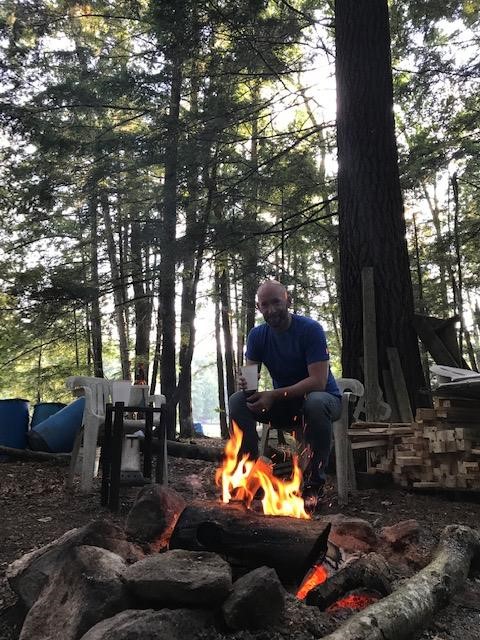
And thinking more long term now, what two things should junior researchers focus on as they progress in their careers?
I would say constantly improve your learning and widen your scope of reference. Look for books, articles, blog posts or papers etc. that offer you deeper understanding. Ask for recommendations, that can be from within your own organisation or as simple as doing a shout out on LinkedIn for suggestions about topics you are interested in. The next part of that is to schedule in dedicated reading time, block it out in your calendar to do daily, otherwise you run the risk of having a pile of books you never get around to.
Figure out what makes you happy. Most of us spend most of our day engaged in work, so think about what you want your day to look like when you wake up. For example, is there a particular area or sector that you find yourself drawn to and can easily get lost in, or do you enjoy working on a variety of different types of projects? Then look for people who have followed a similar path and see what journey they have taken to get where they are. Even reaching out to say, in 5 years from now, you would like to be doing what they are doing, what advice or tips could they give you that might be helpful.
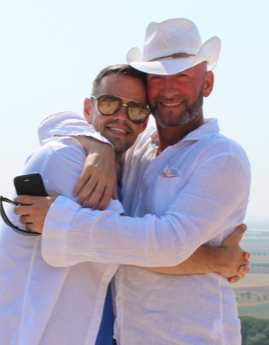
You are running for a spot on the MRS Board, congratulations! What is your key message and: how do you plan to make a difference?
Thank you. To be honest I’ve had an interesting relationship with the MRS. When I first started all those years ago at GFK they went to great lengths to ensure that everyone knew the guidelines, rules and standards and the reasons why they are so necessary.
Since that time, I’ve worked for both large and small companies and even on the supplier side, not all of them have necessarily been members of the MRS or felt the need to be. I think there’s a lot that the MRS can offer, particularly to smaller agencies that we’ve not necessarily tapped into yet. I believe I can offer not only insight from that perspective but ways in which we can develop our membership, so it attracts more smaller and boutique agencies to increase the reach and strength of the MRS. I also think my teaching experience will be useful in expanding the kind of learning we offer as an organisation, for those at all levels of the industry.
Being gay myself, diversity and inclusion is very important to me of course. But my energy around this includes all aspects of diversity. I’ve seen and experienced first-hand the benefit of having input from perspectives that come from lived experiences that are outside of my own. I’ve also seen and heard of instances where women, those with ethnically diverse cultural heritages, people who are neuro-diverse and people with physical disabilities have had their talent, skills and capabilities minimised because so many ill-informed judgements are made about who they are and what they have to offer. I think now the time is right for me to use that energy and passion and do what I can to make a difference.
Do you have any advice for the industry around how we attract talent?
I think taking my own experience into consideration, one of the things we don’t really consider is that there are many people who start off their lives in vocational work, and whose careers are by their very nature relatively short lived, such as sports people, dancers, actors etc. who have a lot of transferable skills and a life lived outside of research that we should be thinking about attracting to our industry. I have numerous former entertainment colleagues who have used the skills they acquired to become brand and marketing managers, even into fintech. Lots have set up their own successful businesses, not so surprising when you think that most of them have been self-employed since their late teens or earlier and were themselves the product they were selling- something to think about!
And do you have anyone who has helped your career so far that you would like to acknowledge and say thanks or give a shout out to?
Apart from my friend and colleague who suggested me for the role at Mintel, there are 2 people I would like to acknowledge. The first one is Jackie Mold, she was the first person to tell me that this was going to be my career path, even though I had no intention of it, something she loves to remind me of. Jackie regularly recommended me for bigger things. The other person who really allowed me to grow, and who I saw as a mentor, was Jane Henderson at Mintel. At that time, she was the commercial director and exceptionally good at her job, she is now the Global President of Mintel Beauty and Personal Care Division. She gave me a lot of leeway and freedom to grow my role, she gave great advice and guidance if I needed it, she is also hysterically funny, with a wicked sense of humour and I do appreciate a wicked sense of humour.
That was so refreshing and inspiring. I know you are going to help a lot of junior researchers and I hope also a few considering the industry, thanks Will! Best of luck with the MRS Election!